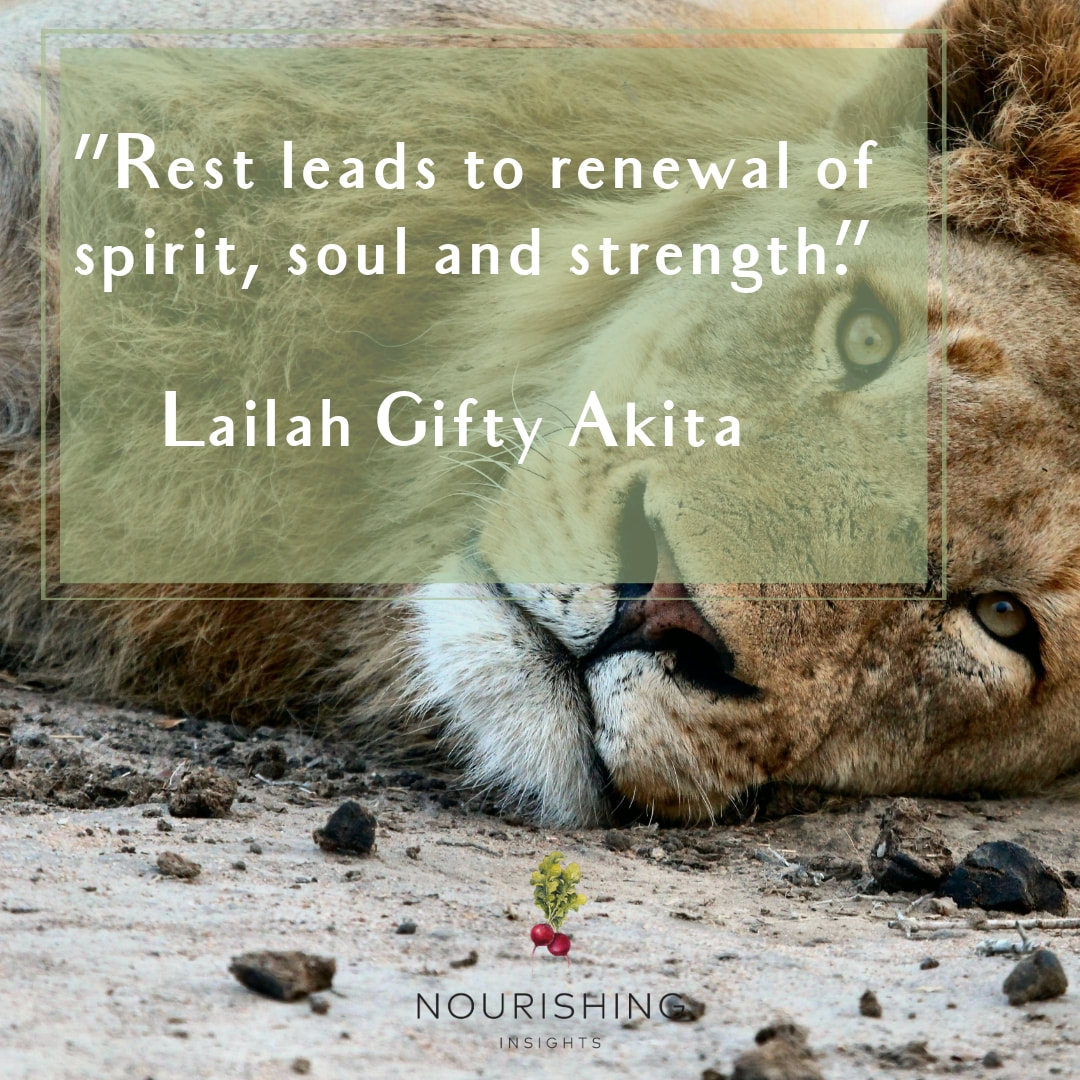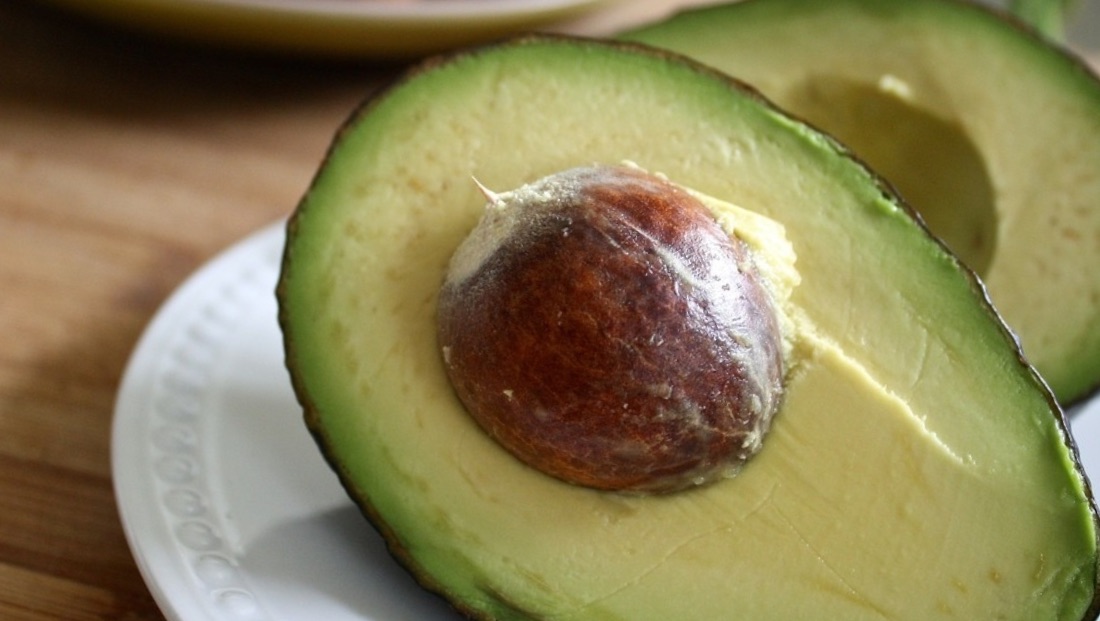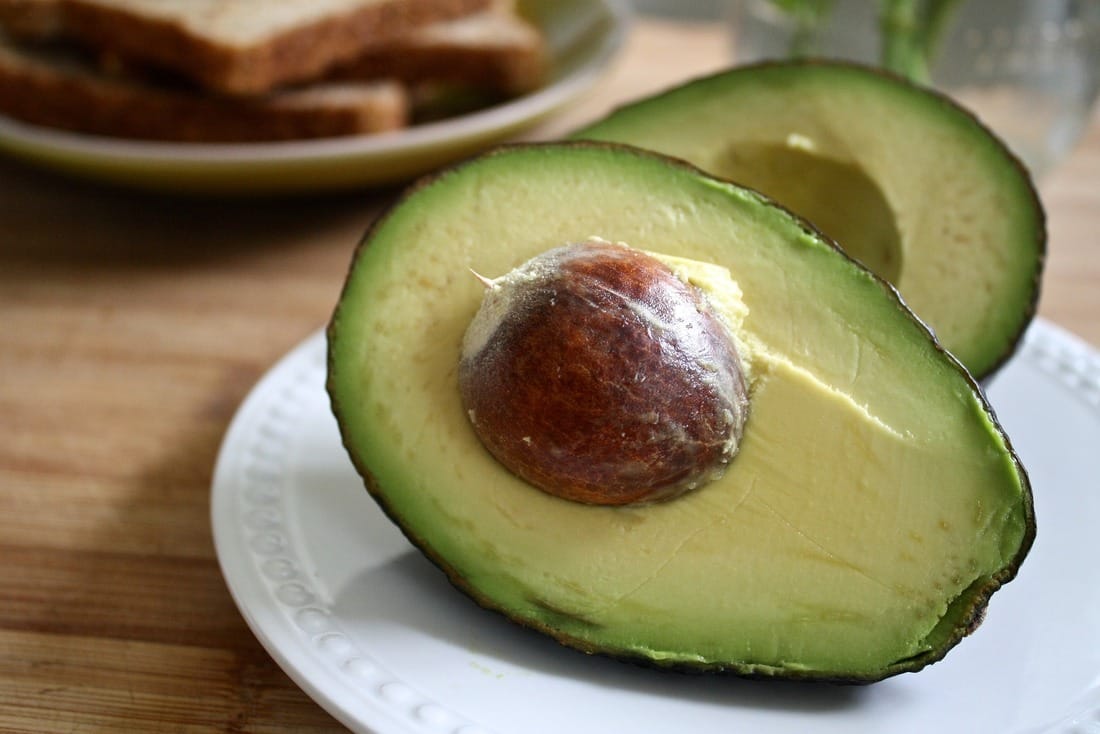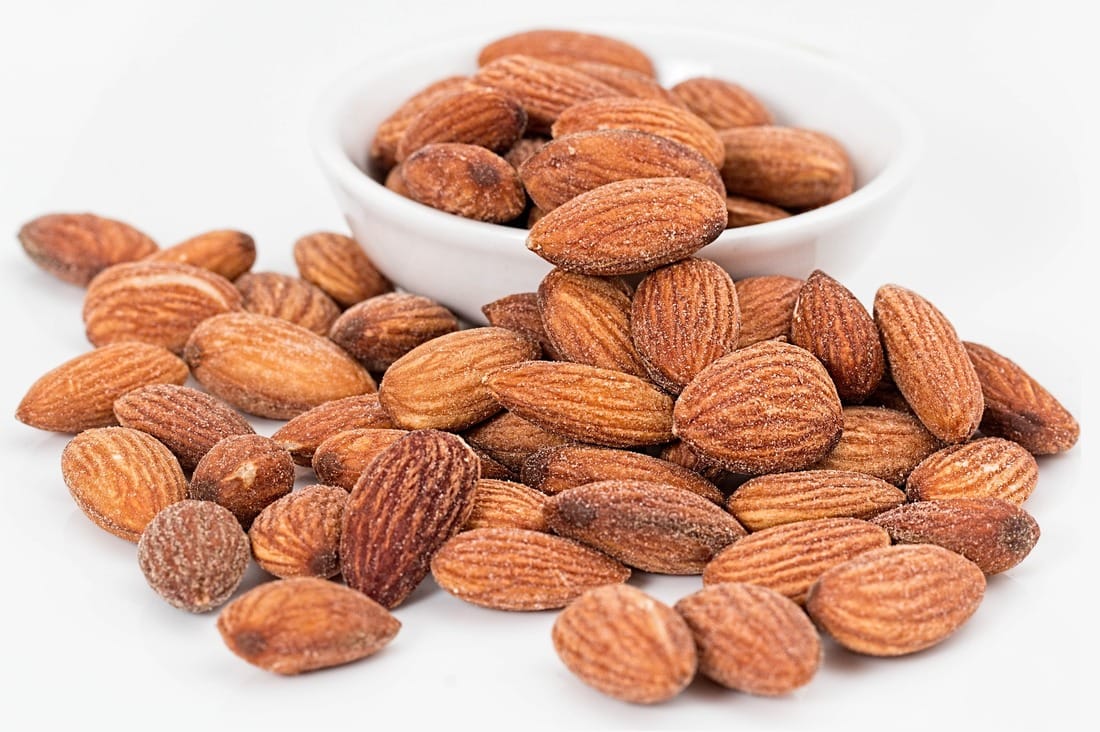|
"In the jungle, the mighty jungle, the lion sleeps tonight..." Even the lion, the king of the jungle needs rest time. Interestingly the lion sleeps between 10-20 hours a day. Isn’t it quite astonishing that animals know instinctively how to project manage, how to conserve energy and how to make the best use of their own personal resources. We, on the other hand are inclined to forget to bring the concept of rest into our lives and in our modern day 24/7 culture, real rest has become elusive. We may think we are resting when we are sitting on our bottoms. However, with the television in the corner of the room, a laptop on our knee, a phone in our hand and a mug full of our chosen caffeine or other stimulant, are we really resting in the true sense? Is it any wonder therefore that we can’t even sleep properly these days? Most of us will have experienced difficulties with sleep onset and also getting good quality continual sleep. Sleep problems are becoming a bit of an epidemic across the western world. You can read some of our top tips for a good night's sleep here. Working under the functional medicine umbrella, we recognise sleep as one of the fundamental functional pillars when it comes to health. Sleep is when our bodies heal, repair and are restored. During the day, our cortisol levels should change with sunrise and sunset. Ideally, they should be higher in the morning and gradually come down across the day with lower levels in the evening to prepare our bodies for sleep. However, imagine a body which is out of balance and which is producing too much cortisol in the middle of the day and/or in the evening. This is becoming all too common a problem these days as we are overstimulated, not just from our exposure to electronics and the internet but being part of a culture that puts pressure on us to work in the evenings , checking emails etc. So we feel we have to keep going when our natural rhythms need to prepare the body for sleep. Imagine what would happen if lions lived their lives the way many of us do, without adequate time of rest. There would probably be a lot of hungry and angry lions wandering about and let's face it we don't want to come face to face with a 'hangry'l ion!! Lions spend the majority of the day resting which in terms of their survival makes perfect sense. They expend a lot of energy when they hunt so if they were to move around during the day when they don’t need to they would waste a lot of their energy and end up creating more work for themselves by having to hunt more regularly. Lions rest because they know they need to. So what can we learn from lions? Lions teach us that periods of rest can help us to be productive when we need to be. A lack of rest and adequate sleep impacts our work lives, relationships, mood, hormone balancing, blood sugar, libido, adrenal and thyroid function, immune system and so the list goes on..... in other words every aspect of our health. It is as necessary for our own survival as it is for lions. So how do we find rest in the modern world? Our top tips
Finally, do whatever you need to, to incorporate patterns of rest into your day. What you find restful might be completely different to another person. Whether you find rest in a hobby like knitting or singing, do something that helps you relax. Your body will thank you for it. And breathe......
0 Comments
In today's modern world the one thing that seems to escape us is sleep. But are we our own worst enemy? How many of us start the day with a large coffee or tea and continue to top up our caffeine levels throughout the day and then wonder why we can't sleep at night? Or how about spending our evening watching box sets and scrolling through our phones?!
If we want to improve our sleep there are a number of things we can do to help. 1. Reduce Caffeine. By all means start the day with a cuppa but try and avoid caffeine after lunch time as it can leave you feeling wired. Instead try herbal teas, hot water and lemon or why not try a 'Beet It' shot if you're really flat? 'Beet it' is a concentrated beetroot shot which provide nitrates which convert to nitric oxide. Studies have shown that this can increase stamina and endurance in sport and lower blood pressure. My personal favourite is green tea. Green tea has around 15mg caffeine and also contains the calming amino acid L-theanine which is often found in sleep remedies. It's a great way to reduce caffeine and take something which has many health benefits including being cancer protective. Tip: Reduce caffeine gradually over a couple of weeks and drink lots of water/herb teas to offset headaches. 2. Increase protein. Many people make the mistake of reaching for caffeine when that 3 o'clock slump comes. What we should actually be doing is balancing our blood sugars by having good quality protein throughout the day. Feeling tired? Try some nut butter on an oatcake, or carrot sticks and hummus to give you a boost. It's important to include protein in your evening meal and supper if you are struggling to sleep as we need the amino acid tryptophan for the manufacture of both serotonin and melatonin. A late snack of a handful of nuts or a small glass of almond milk or organic cows milk can help promote sleep as they provide us with tryptophan. Watch out for those sugary night time snacks as often we can wake up in the night due to a blood sugar dip. If you we want to get to sleep and stay asleep, this is a great tip to keep in mind. It's also the reason why a nightcap of your favourite tipple doesn't work as alcohol tends to spike blood glucose and as a result we can wake hungry in the night. 3. Exercise daily in daylight Another way to ensure good melatonin levels is to take a walk during the day, perhaps on your way to work or on your lunch break. Research has shown that early exposure to sunlight ensures an earlier release of melatonin at night which ensures good sleep onset. This is because daylight increases the brain's release of serotonin which lifts our mood and this converts to melatonin to prepare us for sleep as darker light triggers the release of melatonin. You can see why walking in the daylight is a great mood booster also! Just as an observation, I wonder whether the trend towards exercising in gyms with artificial light has had an affect on our circadian rhythms due to a lack of exposure to natural light! These factors also explain why we all need a good routine when it comes to sleep hygiene and circadian rhythm. Any slight change in these hormones can be very disruptive to the whole of our endocrine system. 4. Turn off that device. How many of us spend our evenings catching up on TV shows or scrolling through our phone's attempting to read the internet?! (I blame instagram!) But all that blue light before bed hugely reduces our melatonin production and sends our circadian rhythms out of whack. We can reduce our exposure to blue light by downloading f.lux to our computers. This app dims our screens to match sunlight outside. Remember to turn off the TV and put away your phone at least two hours before bed time. Why not read that book you've had sat by your bed for 6 months? Or have a relaxing bath? 5. Epsom Salts Bath Magnesium is really important in helping us to sleep as it reduces cortisol, the stress hormone, which can keep us awake at night. It also allows our muscles to relax helping us to really feel rested. Sadly around 80% of us are deficient in this vital nutrient. Having an Epsom Salts Bath is a lovely way to relax and top up your magnesium levels. Add a mug full to your bath and relax for 20 minutes to absorb the full dose. Then make sure you dab dry rather than rub as you don't want to wipe off all your magnesium. If you have trouble sleeping you may find you are deficient in this mineral. We recommend a supplement to increase your levels in the short term. Come and speak to us to find out which one would be best for you. If you are having trouble sleeping and would like to know more about any supplements which can support you e.g. Valerian, Tryptophan etc., pop into our shop at 44 St Andrew Street, Aberdeen, AB25 1JA and chat to our Nutritional Therapist, Beverley. It is not advisable to take anything without checking drug nutrient interactions first. We look forward to welcoming you. Did you know that magnesium is an essential mineral for cellular health and over 300 biochemical functions in the body? As a result, deficiencies of this vital nutrient can create all kinds of health problems. Health complaints which magnesium deficiencies are commonly associated with include hormonal imbalance, behavioural disorders, mood swings, insomnia, fibromyalgia, chronic fatigue, migraine headaches, and type 2 diabetes. It is now estimated that a staggering 80% of people are deficient in this vital nutrient. What has led to widespread magnesium deficiency? The main causes of magnesium deficiency are gastrointestinal and renal losses. However, you can also lose magnesium through excessive sweating, every day movement and stress. Even if you regularly consume vast quantities of magnesium rich foods such as spinach and swiss chard, you still may not be receiving the levels of magnesium required for optimal health. This is because soil depletion has lowered the amounts of magnesium present in crops and magnesium has been stripped from processed foods. In addition, the increasing consumption of antibiotics both for medical usage and in the food chain has stripped our guts of the good bacteria necessary for proper digestion and absorption of vitamins and minerals. As the number of people with digestive disorders such as leaky gut has risen, as well as autoimmune conditions such as coeliac disease which inhibits the absorption of nutrients, this also makes it harder for people to absorb vitamins and nutrients such as magnesium. It may therefore be easier for people with these kinds of digestive complaints to absorb vitamins and minerals transdermally through the skin rather than the gut. BetterYou have created a great range of high quality magnesium oil sprays and bath salts which are great for people with these kinds of issues. What are the benefits of supplementing with magnesium? From regulating the heartbeat rhythms to helping neurotransmitter functions, magnesium is a vital nutrient for human health. There are numerous studies which have pointed to the benefits of supplementing with magnesium in conditions such as migraine, type 2 diabetes, muscle aches, depression and more. For example, a study in the Expert Review of Neurotherapeutics found that taking 300 milligrams of magnesium twice a day reduced the frequency of migraine headaches. Whilst another study in MMW Fortschr Med has found that people under mental and physical stress can benefit from a daily intake of magnesium to prevent symptoms of deficiency such as anxiety, depression, restlessness and insomnia. Magnesium can also aid digestion, and relieve constipation as it relaxes the muscles in the digestive tract. How do I know if I am deficient? If you are experiencing symptoms such as muscle aches or spasms, poor digestion, anxiety, headaches, a twitchy eye or insomnia it may be a sign that your levels of this mineral are low. Of course there may be other reasons for this, which is why if you are really concerned it is always best to speak with a Nutritional Therapist who will be able to assess your case and perhaps make additional or more appropriate suggestions. Magnesium on its own is not always a miracle cure! Particularly if there are other gastrointestinal issues or food intolerances. Another sign that you are low might be if you regularly crave chocolate which contains magnesium. As it has become the typical punchline that women crave chocolate around menstruation, it has been suggested that this is because chocolate contains magnesium which alleviates some of the symptoms associated with PMS such as pain and mood swings. However, dark chocolate contains far more magnesium than milk chocolate, so if you are after some magnesium rich chocolate it would be a dark chocolate which contains at least 70% cocoa solid (and preferably raw!) that I would go for! If you are interested in learning more about Magnesium supplementation, please ask to speak to our clinically trained Nutritional Therapist Beverley Sarstedt who will be able to advise you and offer suggestions on what is best in your individual case. References: Christina Sun-Edelstein and Alexander Mauskop. “Role of magnesium in the pathogenesis and treatment of migraine.” Expert Review Of Neurotherapeutics Vol. 9 , Iss. 3,2009 E. Wienecke and C. Nolden. “Long-term HRV analysis shows stress reduction by magnesium intake”. MMW Fortschr Med. 2016 Dec;158(Suppl 6):12-16. Epub 2016 Dec 8. This is the time of year for us all to panic and feel overwhelmed as we make new year's resolutions which are often re-scheduled to the following year before Burn's night! This is largely because we make a plan to deprive ourselves of all the things we like and not only that but we actually make the mistake of assuming that we need to deprive ourselves of the very things our body needs e.g. fat! Living well is not about deprivation. It's about recognising what's good for us and having more of it! When we seize with both hands all that is good for mind body and soul, we look better, we feel better, we think better, we love better. The wonderful thing is that to enjoy all of these simple but proven health tips we don't have to spend lots of money joining expensive clubs. Nor do we have to count anything, unless it's your blessings or the number of colourful veg on your plate! Life is for living. Give it your best shot and choose habits that bring nourishment to both body and soul. A body that is deprived of neccesary nutrients will find itself hungry for anything it can get its hands on. This is nature! My clients are always delighted when I ask them to eat more in order to find their way to a body weight which is ideal for them. We can't boost our metabolism by eating foods low in calorific value, we boost metabolism by eating Nutrient dense foods which nourish us! The bottom line is, if we support our natural physiology by enjoying all the good things nature provides, it will support us! If we try to go against nature, our body will let us down. So, go easy on yourself this year. Love your body, love your mind and replace deprivation with indulgence of all that is good. The rest will take care of itself!
|
Amazon Associates DisclosureNourishing Insights is a participant in the Amazon EU Associates Programme, an affiliate advertising programme designed to provide a means for sites to earn advertising fees by advertising and linking to Amazon.co.uk. Archives
December 2023
|
WHAT OUR CLIENTS ARE SAYING“I did Nutritional Therapy with Beverley and it was life changing. I highly recommend it!” Allison Blakely (Glasgow)
|
Contact Us |
















